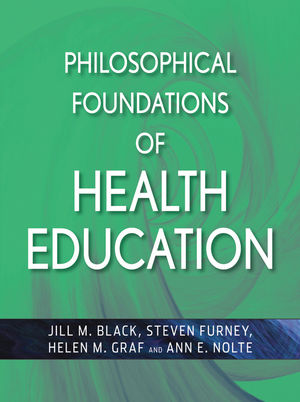Expert Cancer Prevention Strategies for a Healthy Life
Understanding Cancer: A Comprehensive Overview
Cancer is a complex and multifaceted disease that affects millions of lives worldwide. Understanding its mechanisms and risk factors is crucial for effective prevention and management. By delving into the science behind cancer, individuals can take proactive steps to reduce their risk and lead healthier lives.
Healthy Eating Habits: The Foundation of Cancer Prevention
A balanced diet rich in fruits, vegetables, whole grains, and lean proteins forms the cornerstone of cancer prevention. These nutrient-dense foods provide essential vitamins, minerals, antioxidants, and phytochemicals that support the body’s natural defense mechanisms against cancer. Incorporating a variety of colorful fruits and vegetables into your meals ensures a diverse range of cancer-fighting nutrients.
Maintaining a Healthy Weight: The Importance of Physical Activity
Regular physical activity not only helps maintain a healthy weight but also reduces the risk of several types of cancer, including breast, colon, and lung cancer. Aim for at least 150 minutes of moderate-intensity exercise or 75 minutes of vigorous-intensity exercise per week, along with strength training exercises at least twice a week. Incorporating movement into your daily routine, such as walking, cycling, or gardening, can have significant benefits for cancer prevention.
Sun Safety: Protecting Your Skin from Harmful UV Rays
Excessive exposure to ultraviolet (UV) radiation from the sun or tanning beds increases the risk of skin cancer, including melanoma, the deadliest form of skin cancer. To protect your skin, seek shade during peak sun hours, wear protective clothing, and apply broad-spectrum sunscreen with an SPF of 30 or higher. Remember to reapply sunscreen every two hours, especially after swimming or sweating, and perform regular skin self-exams to detect any changes early on.
Limiting Alcohol Consumption: Moderation Is Key
While moderate alcohol consumption may have some health benefits, excessive drinking is linked to an increased risk of several cancers, including breast, liver, and colorectal cancer. To reduce your risk, limit alcohol intake to no more than one drink per day for women and two drinks per day for men. If you choose to drink, opt for lower-risk beverages such as wine or beer, and always drink responsibly.
Tobacco Control: Quitting Smoking for Good
Tobacco use is the leading cause of preventable cancer deaths worldwide, accounting for approximately 22% of cancer-related deaths. Quitting smoking is one of the most impactful steps individuals can take to reduce their cancer risk and improve overall health. Seek support from healthcare professionals, quitlines, or smoking cessation programs to develop a personalized quitting plan and increase your chances of success.
Screening and Early Detection: Taking Control of Your Health
Regular cancer screenings can detect cancer at its earliest stages when treatment is most effective. Talk to your healthcare provider about recommended screening tests based on your age, sex, and personal or family medical history. Common screening tests include mammograms for breast cancer, Pap smears for cervical cancer, colonoscopies for colorectal cancer, and PSA tests for prostate cancer.
Environmental and Occupational Exposures: Minimizing Risks
Exposure to certain environmental and occupational carcinogens, such as




 Health Education provides students with the knowledge and abilities they need to be healthy throughout their lifetime. In order to be eligible to take the MCHES examination you need to have at least a grasp’s diploma in health training or associated self-discipline along with a least 25 credit hours related to health schooling. We must always be certain we are engaged on our health and fitness at the same time we preach to others about the worth health, fitness, and participation in sports. As you’ll be able to inform, health educators have quite a bit to do and a lot of vital roles to play far and wide.
Health Education provides students with the knowledge and abilities they need to be healthy throughout their lifetime. In order to be eligible to take the MCHES examination you need to have at least a grasp’s diploma in health training or associated self-discipline along with a least 25 credit hours related to health schooling. We must always be certain we are engaged on our health and fitness at the same time we preach to others about the worth health, fitness, and participation in sports. As you’ll be able to inform, health educators have quite a bit to do and a lot of vital roles to play far and wide.




